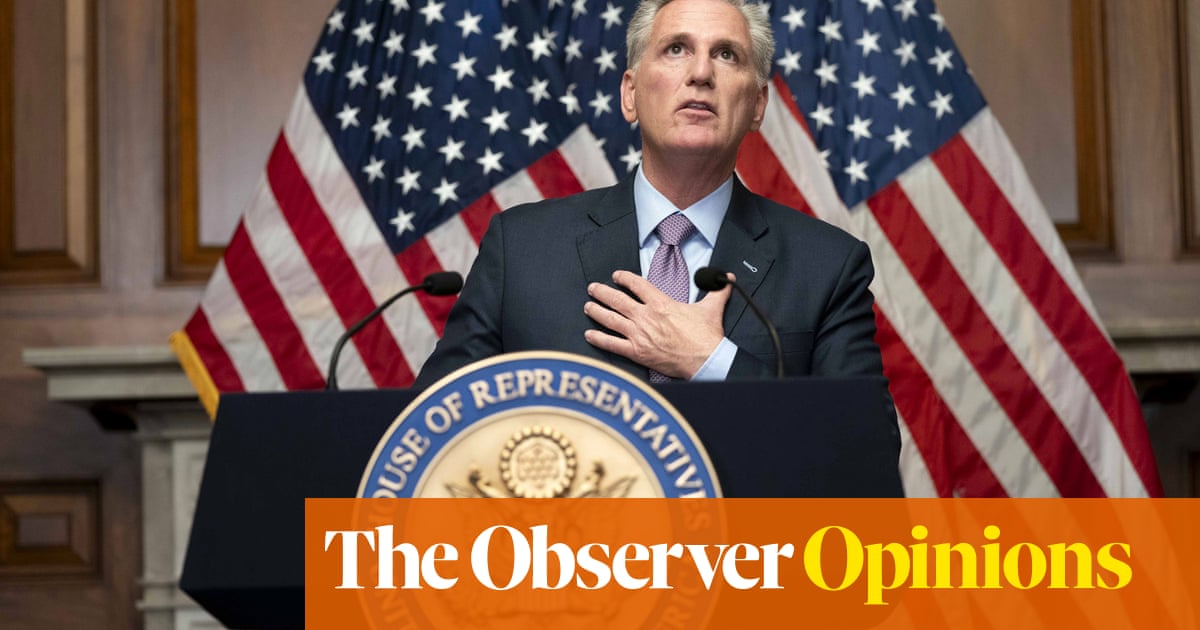
To justify Russia’s invasion of Ukraine, President Vladimir Putin accused the Kyiv government of committing genocide in the Donbas region. Post-invasion, President Volodymyr Zelensky of Ukraine has alleged that Russian attacks have “shown signs of genocide” and asked the International Criminal Court to investigate.
The term genocide is often loosely used like this when the speaker is actually referring to mass killing or indiscriminate murder. As evil and terrible as these acts may be, they do not in themselves constitute genocide, which has a very precise legal definition as articulated in the 1948 Genocide Convention: The intent to destroy, in whole or in part, a national, ethnic, racial or religious group.
Using genocide and mass murder interchangeably obfuscates the former’s meaning and serves the interests of many countries that actually have a history of engaging in genocide that they do not wish to revisit.
In the US, for example, getting Americans to engage with their own history in a serious and objective way is currently one of the most politically fraught tasks. From the history and legacy of slavery to Confederate monuments, hardly any call for an objective examination of the history of this country goes unchallenged.
But we pay a high price for refusing to engage with our past in an honest way. Domestically, this refusal means we are purposefully blind to the legacy of centuries of repression and human rights abuses. Over the past decade, more and more Americans are beginning to engage with the country’s history of slavery and racism and are becoming more and more aware of the legacy that this still bears on the US and on Black Americans today.
But no similar epiphany is being had about the history and legacy of the genocide against the Native Americans, with the consequence that Indigenous American citizens remain marginalized, systematically excluded from the political process and from economic opportunity, and with their rights to life, liberty and pursuit of happiness routinely curtailed. A few casinos have brought financial benefit to some individuals and groups, but it has hardly settled the moral and political score for more than four centuries of oppression, erasure and physical and cultural destruction. The fundamental issue is that, until this history is properly excavated, reflected upon in the public political discourse and internalized by the general public, so many American citizens will remain marginalized, aggrieved and often still directly oppressed, and our Union will be so much less perfect for it.
Internationally, the price is even steeper. America’s dominant place in the world after the Second World War was predicated on moral leadership. And this was not the mere rhetoric of the victor: The reason why America got itself the strong network of allies that propelled her to a hegemonic global postwar position was because all of those counties also saw us as a force for good. They believed in our “Manifest Destiny” as much as we did.
Getting Americans to engage with their own history in a serious and objective way is currently one of the most politically fraught tasks.
Dr. Azeem Ibrahim
But the world has changed much since the end of the Cold War. Between the Iraq war, the financial crisis of 2008, America’s failures during the Arab Spring, and the Trump presidency, no other country still believes in our moral authority and leadership. They may still respect our raw military power, but we are all already familiar with the limits of just this kind of power from Iraq and Afghanistan. Without that principled leadership for the world, and without international faith in our moral purpose, America will never again enjoy the alliance of goodwill and just purpose that constituted the “free world” — and it will therefore not maintain the dominant global position it has enjoyed in the postwar era.
When the US last year declared the situation in Xinjiang a genocide, Beijing retorted with a jab at this very history. When Biden recognized the Armenian genocide, Ankara had the same retort. The Biden administration is correct in its analysis that the only way America’s role in the world — and indeed its national security and global interests — will be protected and enhanced is if the world once again looks to us as a force for good and as the moral leaders who will defend human rights and international law. But they cannot honestly do so while refusing to exorcise the genocidal demons of our own history. It is too convenient for us to criticize others for their crimes against humanity, while we refuse to look in the mirror — and everyone else can see right through it.
Dr. Azeem Ibrahim is the Director of Special Initiatives at the Newlines Institute for Strategy and Policy in Washington D.C. and author of “The Rohingyas: Inside Myanmar’s Genocide” (Hurst, 2017). Twitter: @AzeemIbrahim












